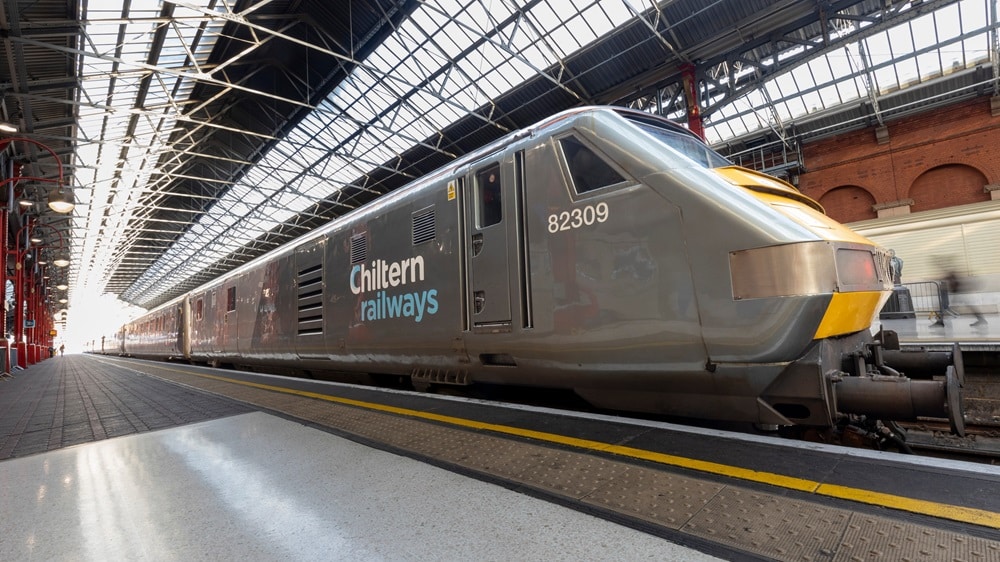HIGH-speed operator Eurostar is preparing to invest in up to 50 new trains following a strong financial performance in 2023 and successful completion of debt refinancing.
As demand for sustainable travel continues to grow, Eurostar says the new fleet will ensure there is sufficient capacity for the 30 million passengers a year that it is aiming to carry by 2030, and to accommodate future growth.
The new fleet will operate alongside Eurostar’s 17 e320 trains supplied by Siemens. This will increase the total size of the fleet to 67, a 30% increase on the current 51 trains in service at Eurostar.
On cross-Channel services to London, Eurostar also operates eight e300s supplied by Alstom for the opening of the Channel Tunnel in 1994. Alstom also built the nine PBA and 17 PBKA high-speed trains that operate on former Thalys services from Paris to Brussels, Amsterdam and Cologne, and replacement of these Alstom trains is now in prospect with the new order.
While detailed design elements are yet to be confirmed, Eurostar says the new trains will set the standard for both customer experience and comfort, while offering improved energy consumption compared with the current fleet. Eurostar hopes to introduce the new fleet from the early 2030s.
Strong financial performance
Eurostar says that it can invest in its new fleet following strong financial performance in 2023. Revenue reached €2bn for the first time, up 26% from €1.59bn the year before, while Ebitda was up 8% at €423m from €391.5m in 2022.
Total passenger traffic in 2023 was up 22% at 18.6 million from 15.3 million the year before. The routes reporting the strongest year-on-year growth were London – Amsterdam (38%), London – Brussels (33%) and London – Paris (25%).
Eurostar also announced that it successfully refinanced its existing debt of €963.7m in April. Total debt now stands at €650m, thanks to strong cash generation as the business recovers from the Covid-19 pandemic and a new €650m five-year green term loan with a €100m green revolving credit facility (RCF).
The high-speed operator says that this financing structure relies on its green credentials, with over 90% of revenue associated with activities that substantially contribute to climate change mitigation.
“Just seven months after the launch of the new Eurostar, we are well on our way, breaking records in 2023 in terms of passenger numbers and revenue,” says Eurostar CEO, Ms Gwendoline Cazenave.
“There is huge demand for our services and we have big European ambitions. Investing in up to 50 new trains will provide more capacity and give customers something really special.”
For detailed data on high-speed train orders worldwide, subscribe to IRJ Pro.
The post Eurostar to order 50 new trains as revenue reaches €2bn in 2023 appeared first on International Railway Journal.

